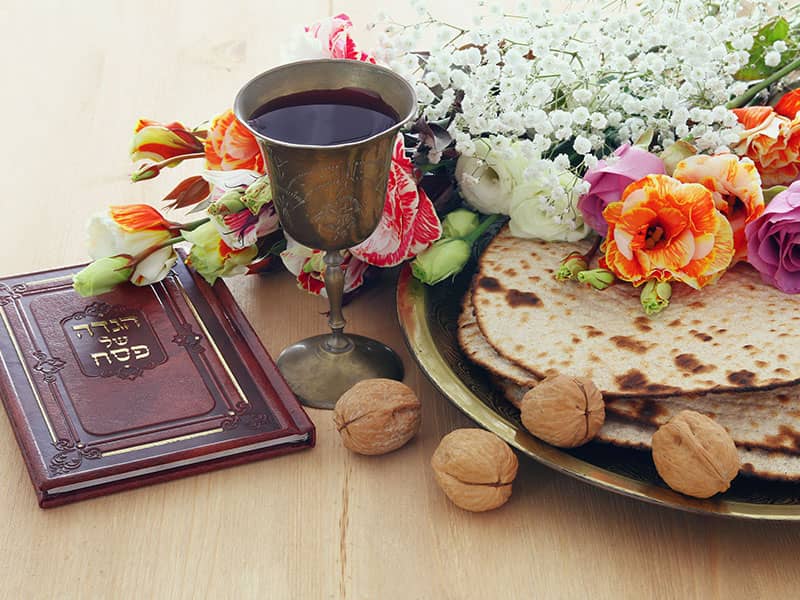Judy Yudof, lay president of the United Synagogue of Conservative Judaism, wants the movement's lawmaking body to decide whether its condemnation of gay sex still holds under current interpretations of religious law. The Torah's prohibition against homosexual behavior is the reason Conservative Judaism bars gays from serving as rabbis and cantors.
Yudof plans to submit the question to the Committee on Jewish Law and Standards, a panel of 25 rabbis, within the next month.
Yudof said she is not advocating a particular outcome, and she refused to discuss her views on the issue. She said she is simply seeking answers for Conservative Jews, who make up the second-largest branch of American Judaism, with just under a million Jews.
``I've just felt there is some concern out there - in the lay world at least - about the status of homosexuals within our movement,'' said Yudof, whose organization represents about 800 North American congregations. ``There are some people who feel uncomfortable about putting a restriction upon someone who admits to being a homosexual.''
The slightly larger and more liberal Reform movement ordains homosexuals and blesses same-sex couples, while the smaller and stricter Orthodox does not.
The last time Conservative Jews reviewed the policy on gays was in 1992 in a fierce debate that ended in a compromise some dubbed ``don't ask, don't tell.'' The lawmaking committee barred homosexuals from rabbinical schools but promised not to investigate students' sexual orientation. At the same time, the panel urged congregations, youth groups, summer camps and schools to welcome gays.
Rabbi Joel Meyers, head of the Conservative movement's Rabbinical Assembly, is among those who believe the policy should stand.
``People who are from within the gay community themselves are treated just fine,'' Meyers said. ``There is no discrimination.''
But Idit Klein, head of the Boston chapter of Keshet, an advocacy group for gay Jews, called the policy unacceptable and said she knows many people who left the Conservative movement because of it.
The committee chairman has the authority to decide whether to take up the issue. The chairman is Rabbi Kassel Abelson, who wants to maintain the ban, but he plans to step down in April. He could be succeeded by Rabbi Elliot Dorff, the vice chairman and an advocate of same-sex unions and ordaining gays.
Dorff, the rector of the University of Judaism in Los Angeles, said the ban has been applied unevenly, with some gay rabbis allowed to serve and others essentially forced out.
``Over the last 10 years, we agreed to disagree in the movement,'' Dorff said. ``But more people now know people and love people who are members of their families and good friends who are gay and lesbian. It's much harder to hate or disdain people you know and love.''
Dorff's daughter is a lesbian, but he said he decided to support ordaining gays before she told him.
Rabbi Ismar Schorsch, chancellor of the Jewish Theological Seminary, the Conservative movement's main rabbinical school, declined to comment. But he has warned that ordaining gays would be a major break from Jewish law and would split the movement.
It could also move the Conservative branch closer to Reform Judaism and worsen relations with the Orthodox.
``I know it's a bold step on my part, but I didn't mean it to be divisive,'' Yudof said. ``I don't think we should ever be afraid of the truth.''

